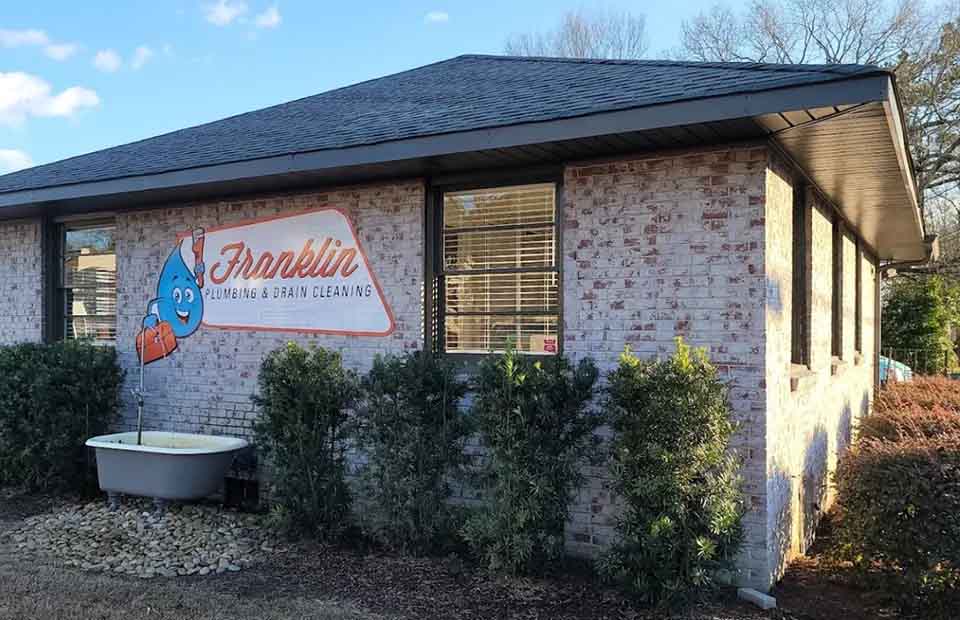The height of the COVID-19 pandemic fueled a surge of interest in home security systems as everyone spent more time inside, and early numbers indicate the market will continue to grow exponentially in the coming years. But complicated industry jargon, ambiguous pricing, competing technologies, and ongoing news about serious data privacy concerns can easily intimidate the average consumer.
Here’s a rundown of everything you need to know when shopping for a home security system. (Spoiler: Ring isn’t the only company you should avoid.)
What is a home security system, exactly?
A home security system is a group of devices that all work together to protect your home, usually using a combination of visual surveillance, motion detection, audible alarms, and system alerts. The average home security system typically includes a camera or two, some motion sensors that can make out infrared energy, a handful of sirens (either built into the sensors and cameras or standalone devices), and a base hub syncing all of the hardware. You’ll control the latter manually using a keypad or key fob, or with a companion mobile app.
From there, most home security companies will give you the option of fleshing out your system with à la carte accessories for further protection. Popular add-ons include:
- A glass break sensor that alerts the system when it detects the sound frequencies or vibrations of shattered glass.
- Environmental sensors that can detect water leaks, smoke, and carbon monoxide.
- A panic button that quickly alerts law enforcement in emergency situations.
- Yard signs and stickers that serve as visual (and inexpensive) deterrents to wannabe intruders.
Most home security companies are also in the business of home automation these days, which means you’ll be able to control your setup using smart assistants and connect it to other devices like smart locks, lightbulbs, and thermostats. If you want to get really fancy, several brands also offer support for “If This Then That,” or IFTTT, a free web-based service that lets you connect and build commands for internet-enabled devices and apps.
Can you install a home security system yourself?
Most home security companies give their customers the option of free DIY installation, which is usually as simple as plugging in a device (or putting some batteries into it), hooking it up to your home’s WiFi system, and pairing it with its hub and/or your smartphone. SimpliSafe (our No. 1 pick) says 97 percent of its customers go this route.
For more complicated setups (and those of us who aren’t especially tech-savvy), professional installation typically starts around $100.
Can you monitor a home security system yourself?
Many home security companies give their users the option of self-monitoring for free, but you may want to leave this part to the professionals simply because you can’t be on guard duty 24/7. Work happens, sleep happens, binge-watching Succession happens, going to the dog park with your new puppy happens — it’s easy to miss an alert if you aren’t staring at your phone all day. It’s also on you to decide whether or not to contact law enforcement in case of an emergency if an expert isn’t doing it for you, which is a pretty big ask.
In most cases, you’ll also get more out of your system’s mobile app if you sign up for a monitoring plan. We’ll use SimpliSafe as an example again: Its service comes standard with a live video feed of your cameras, a system timeline, and the option to tweak some device settings from the app, but that’s it. Additional features like water leak alerts, dangerous temperature detection, and even push notifications are locked behind its monitoring plans, which start at $18 a month. (Most companies’ offerings sit somewhere around $20 to $25, for what it’s worth.)
What’s the best home security system?
Below, you’ll find a rundown of four home security systems we recommend in 2023.











